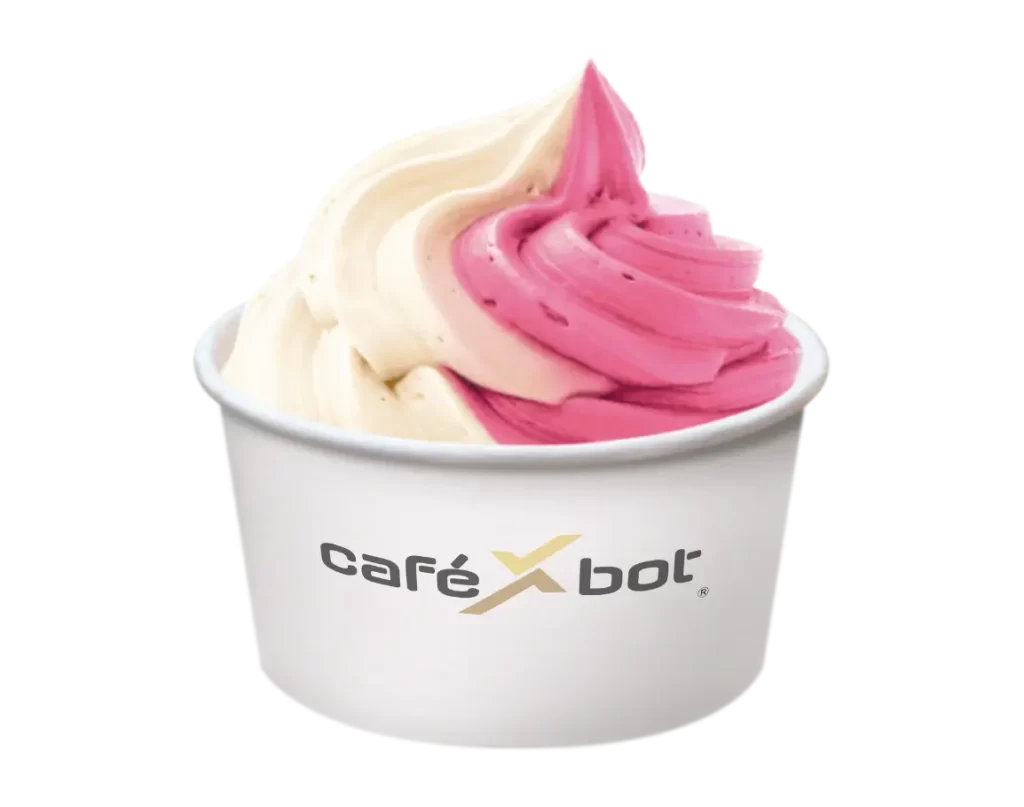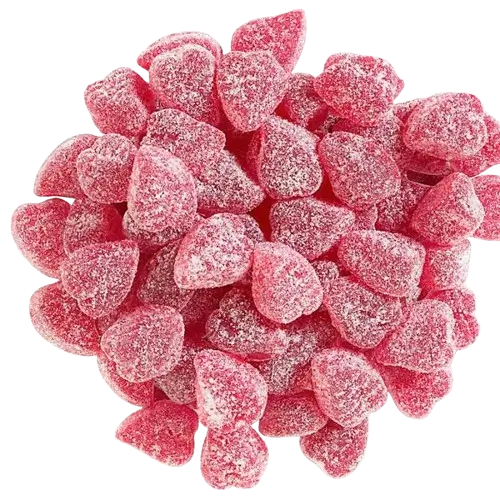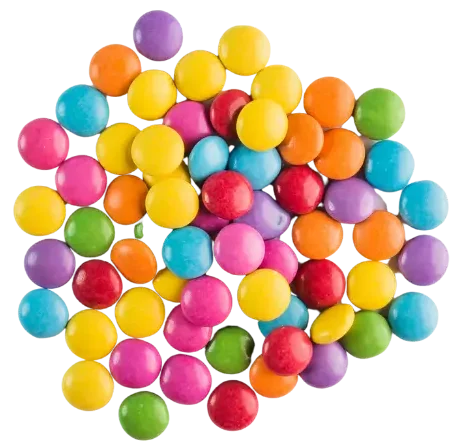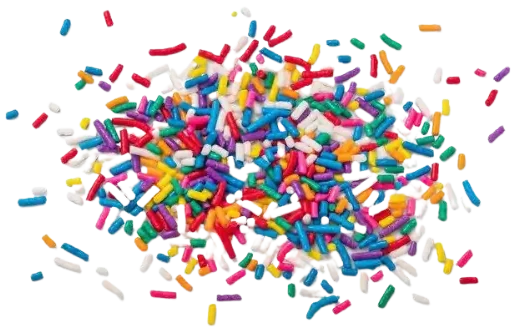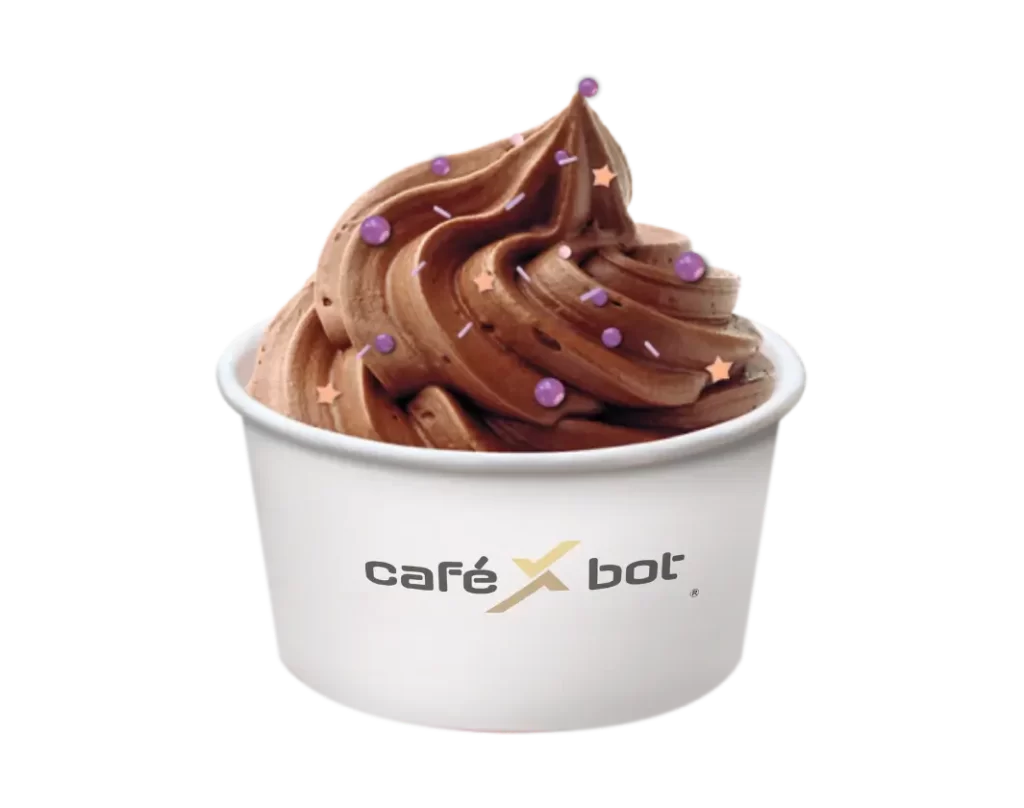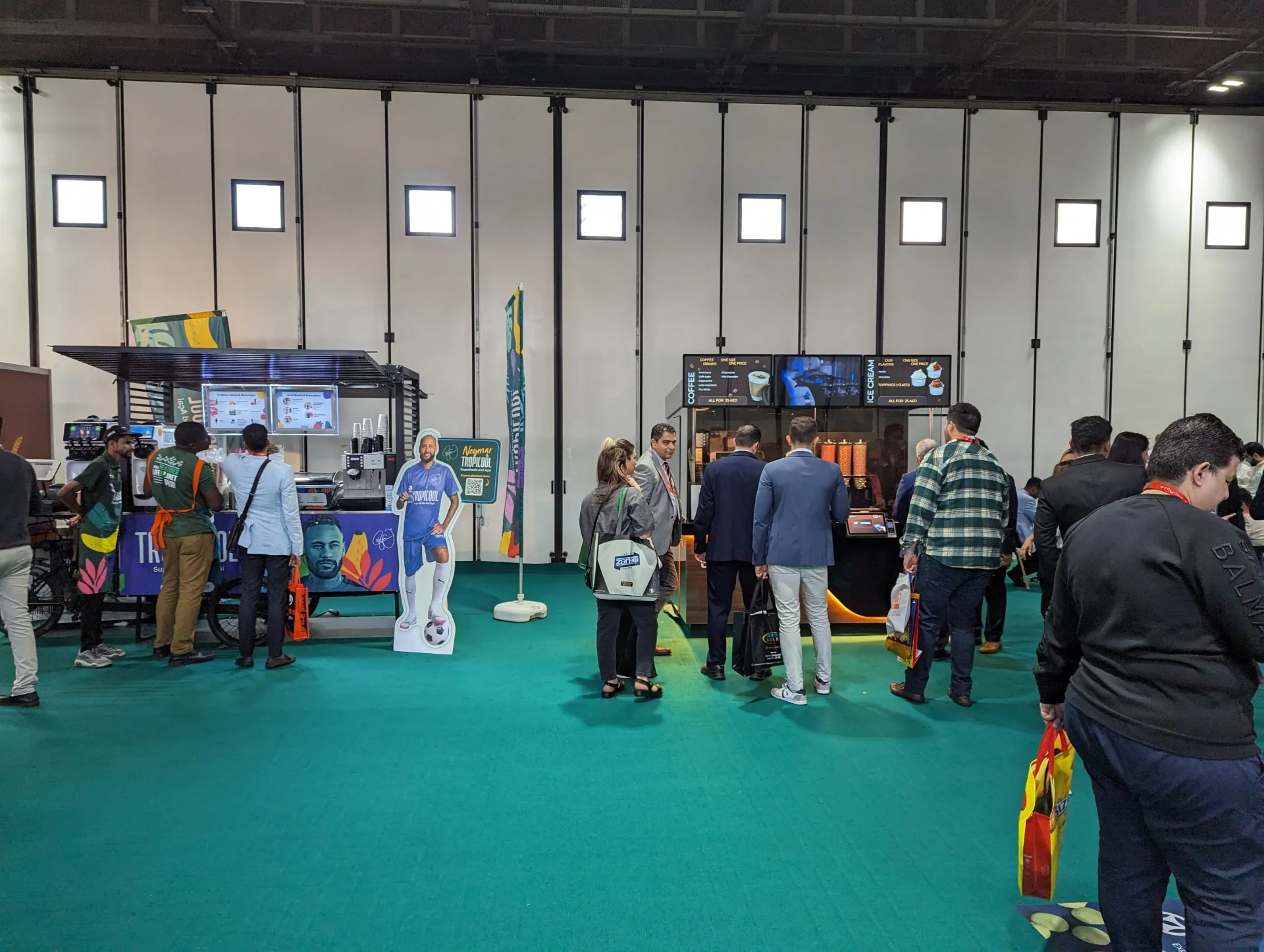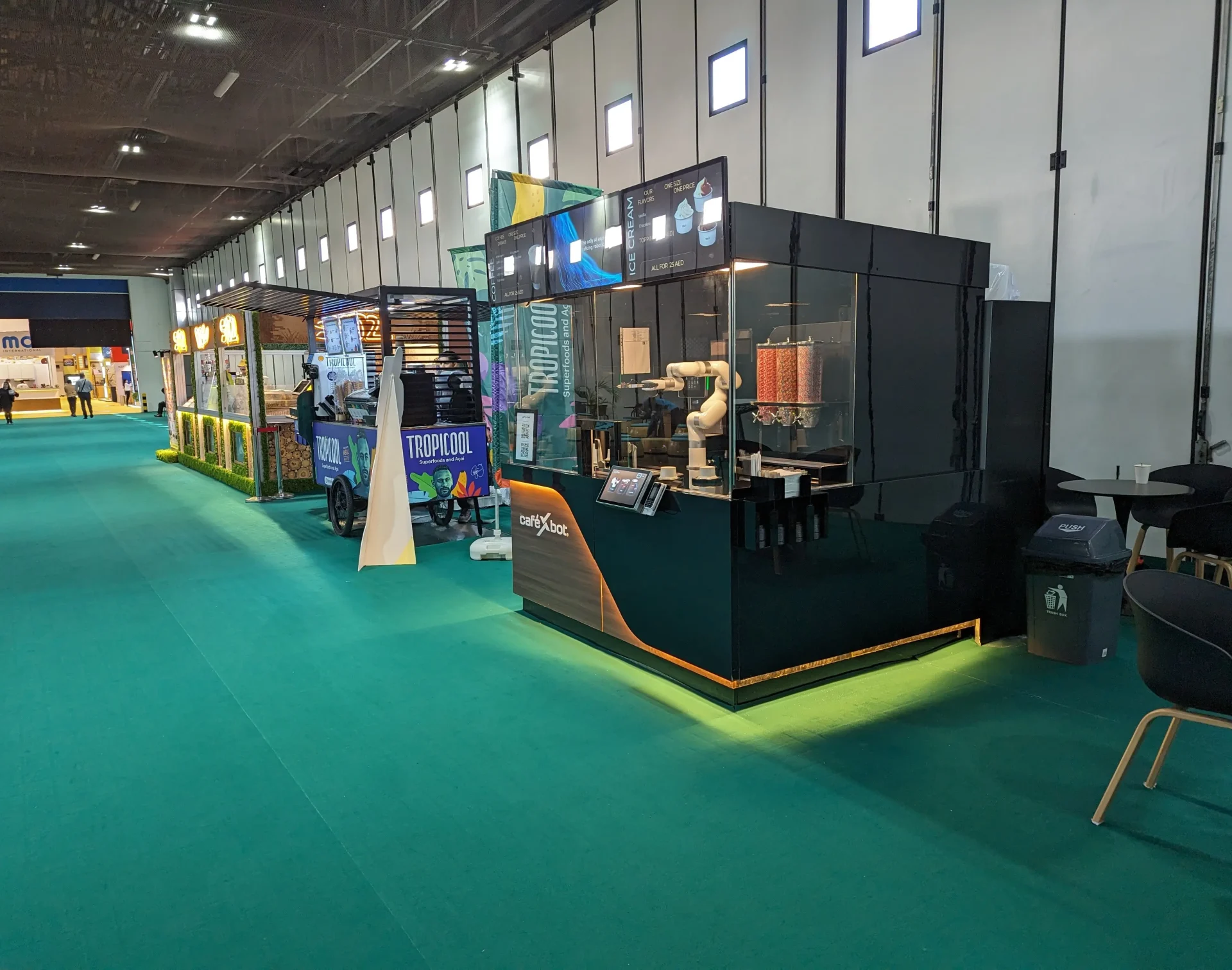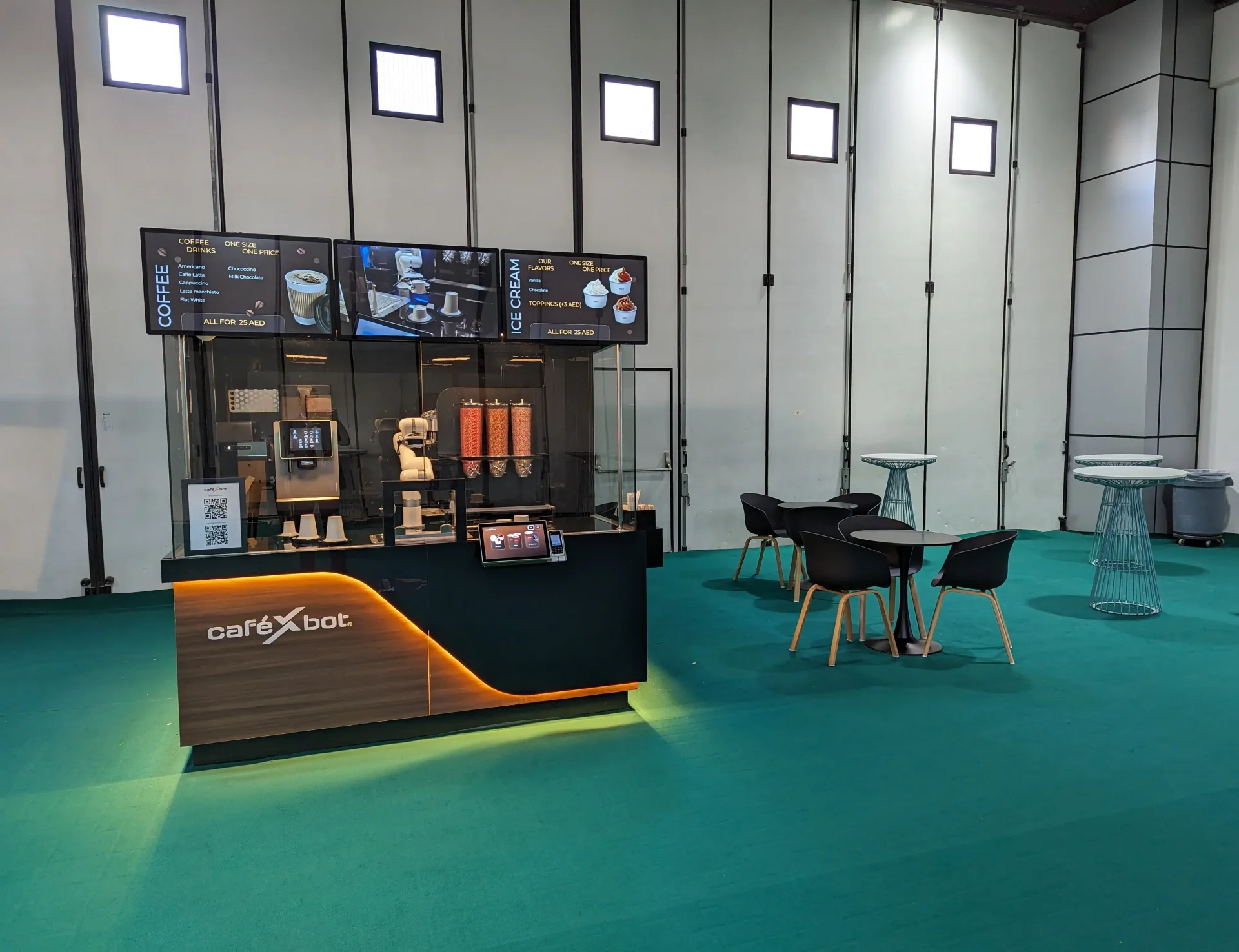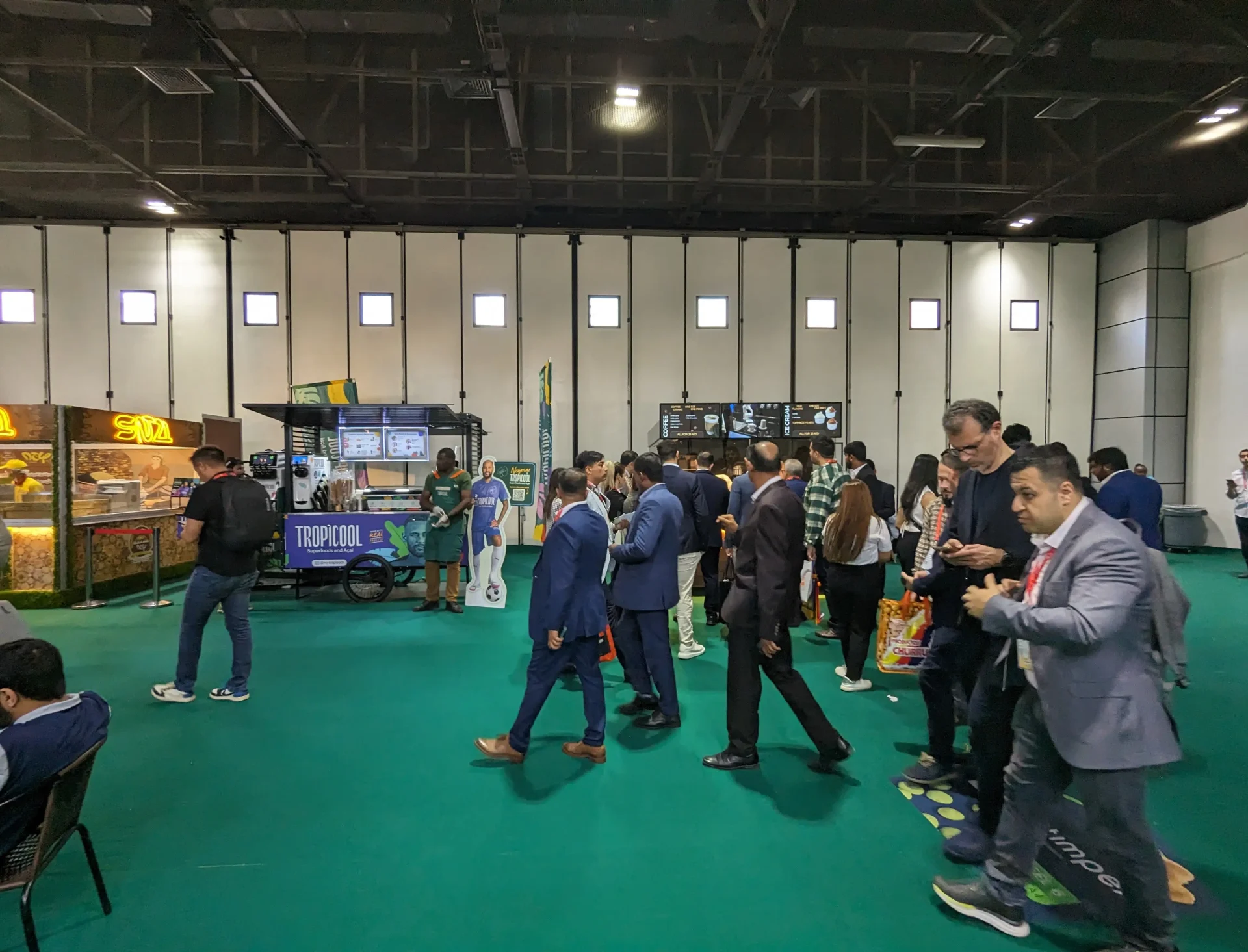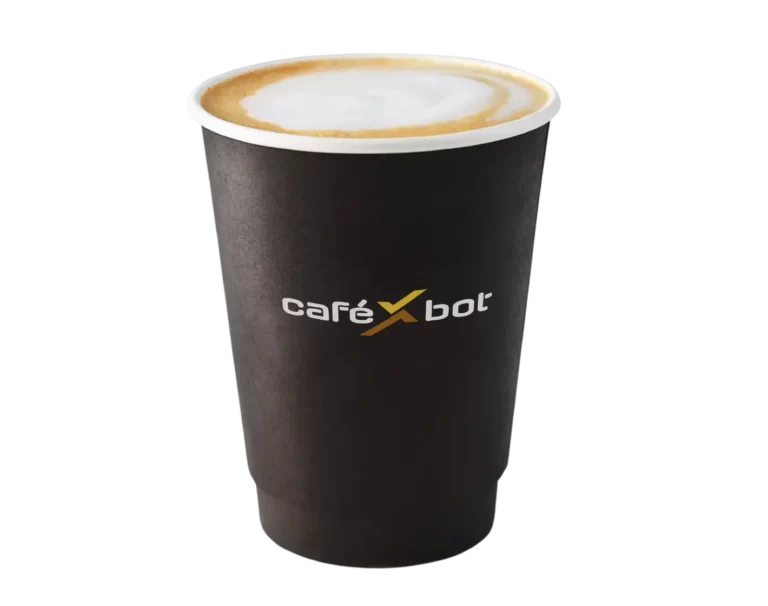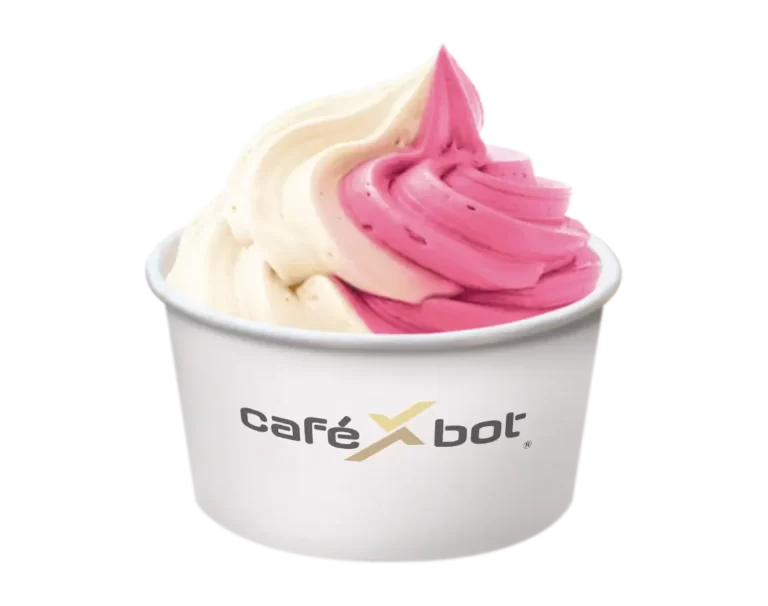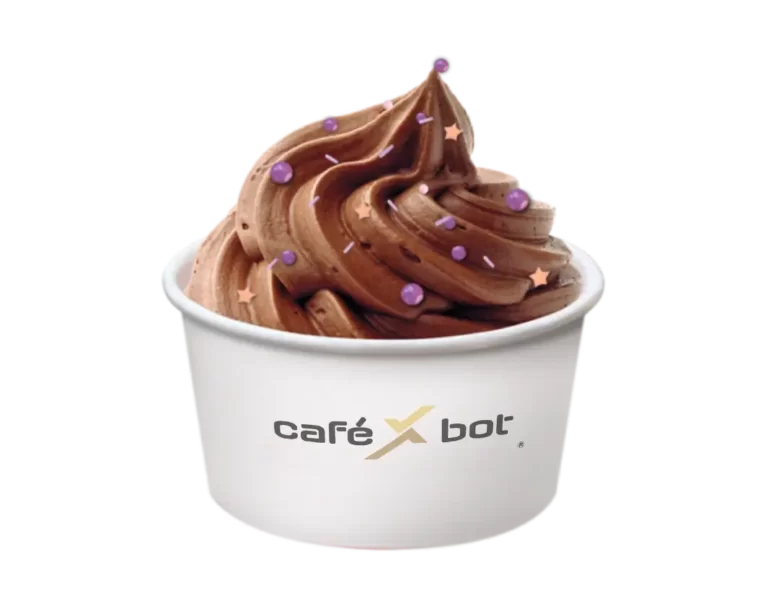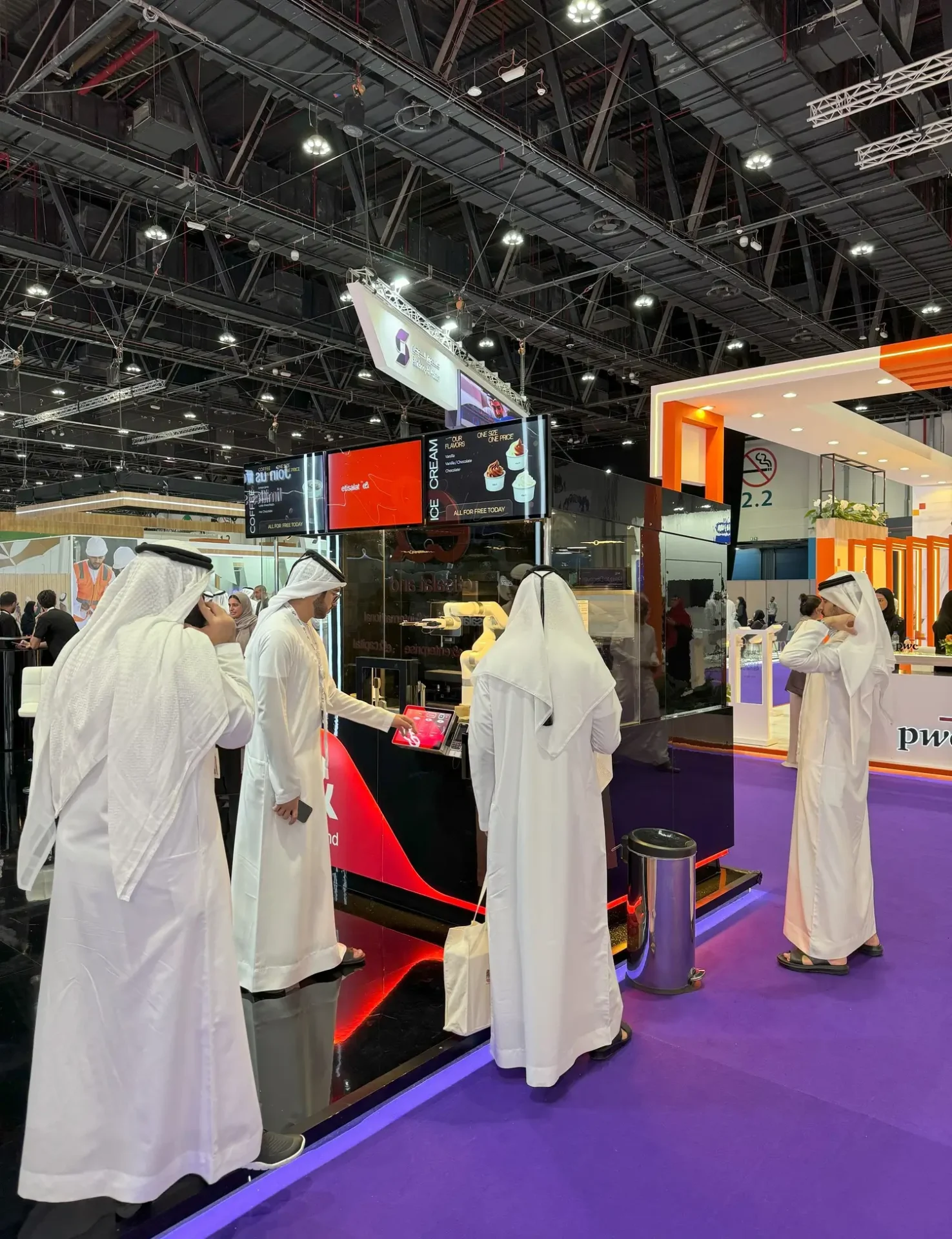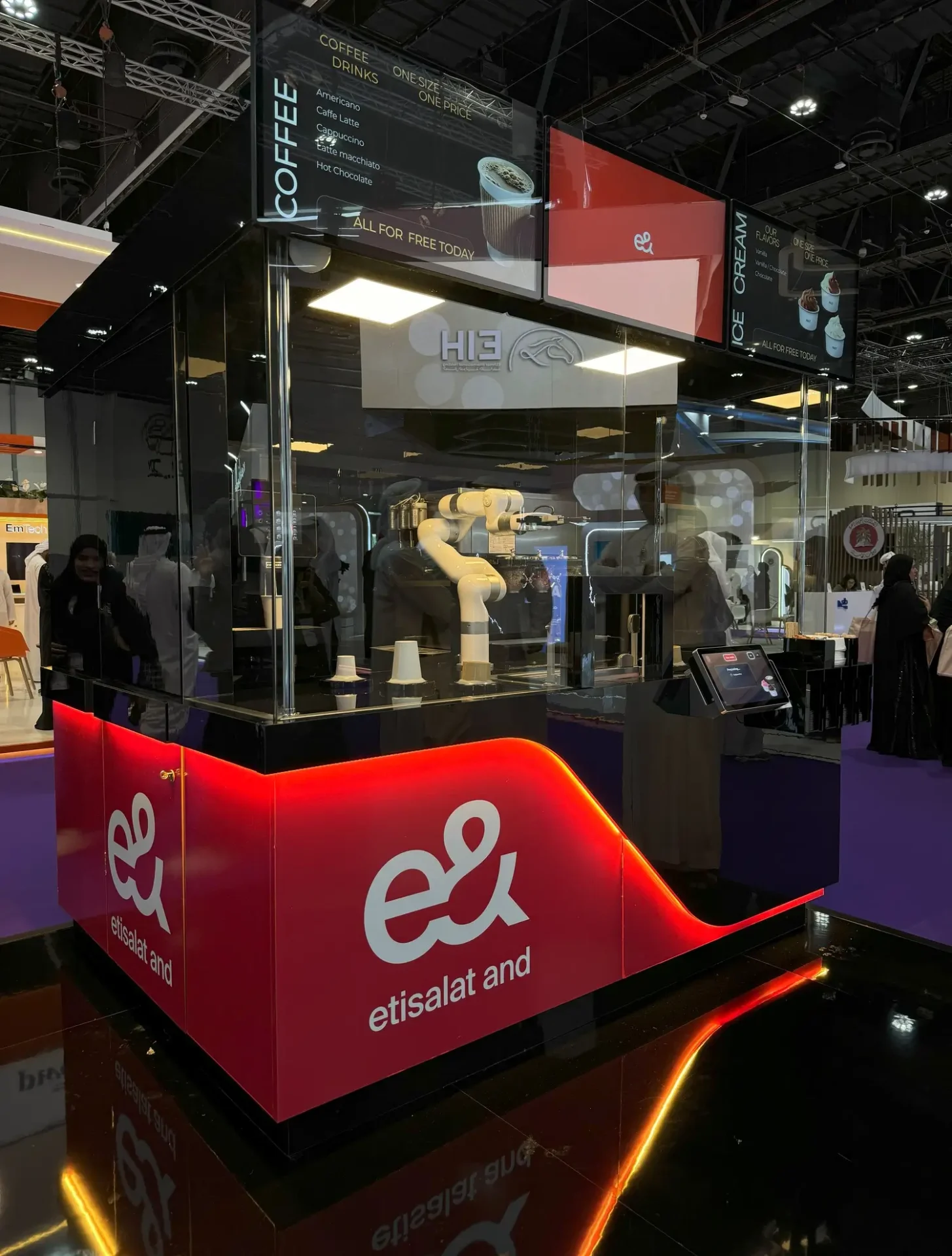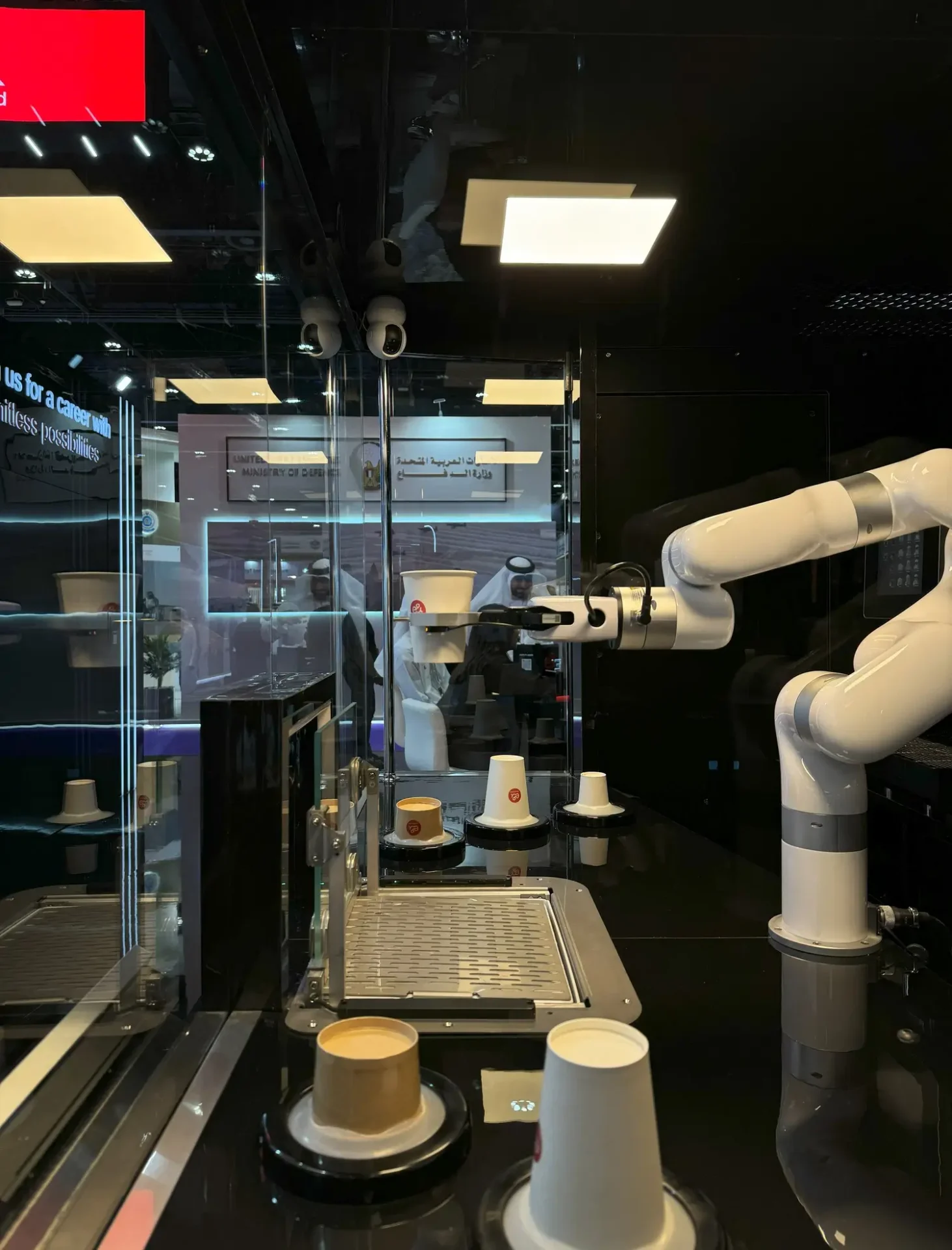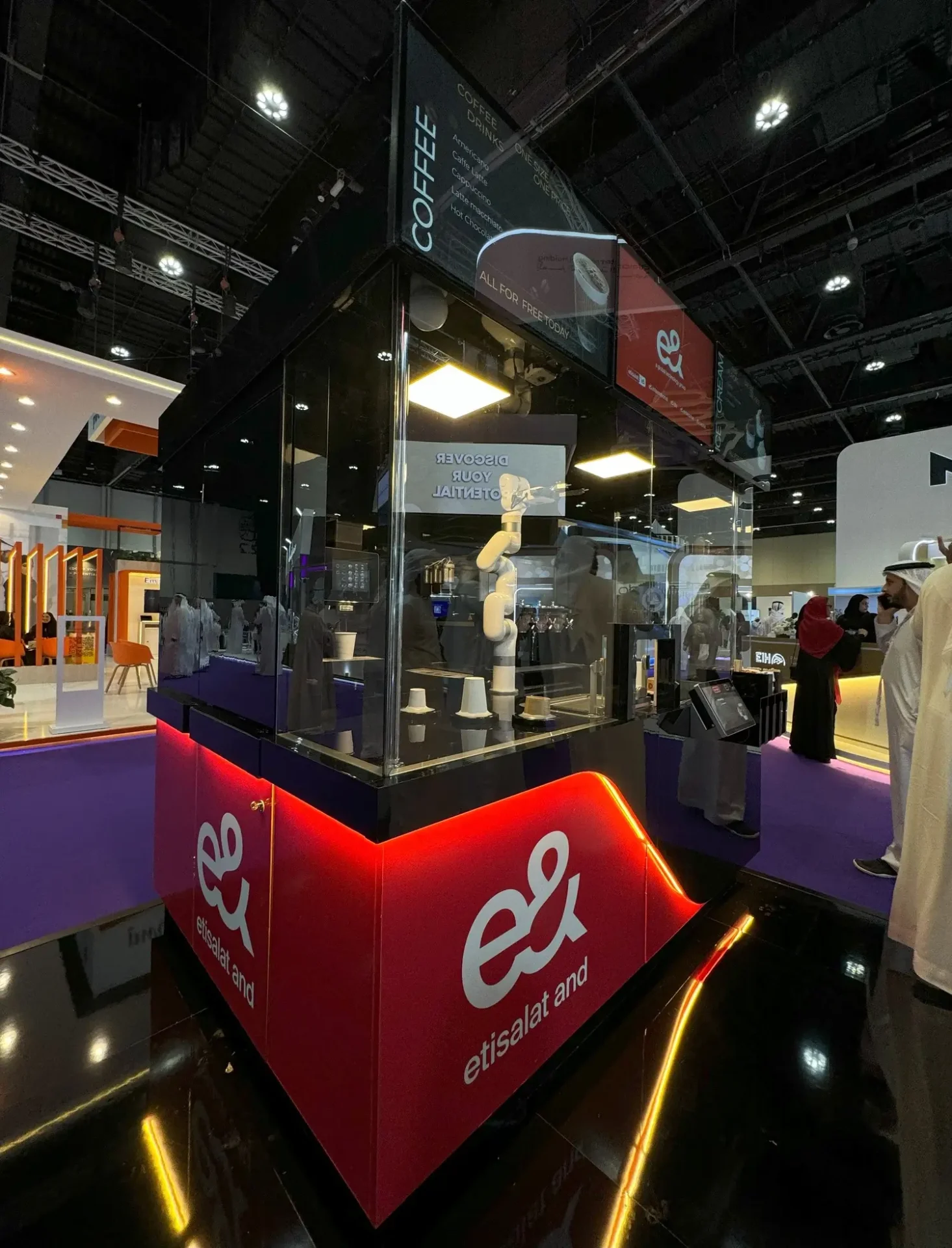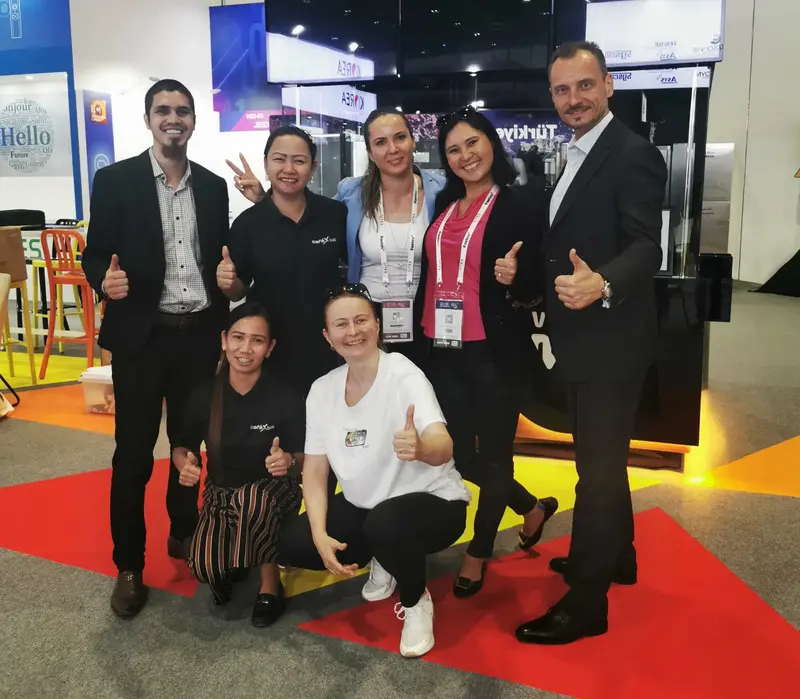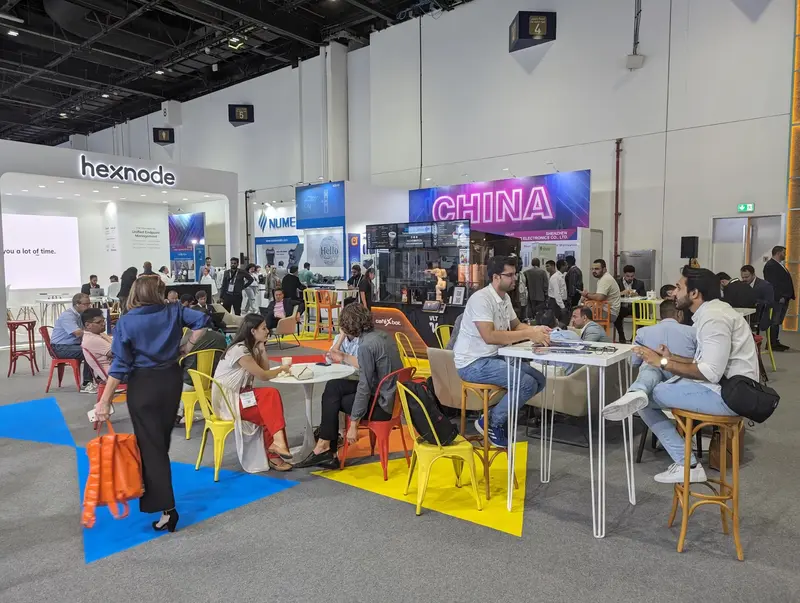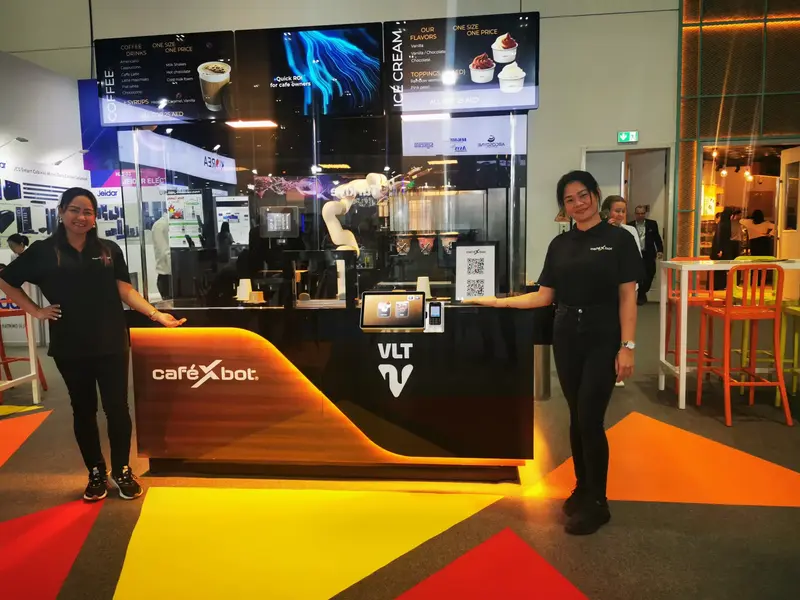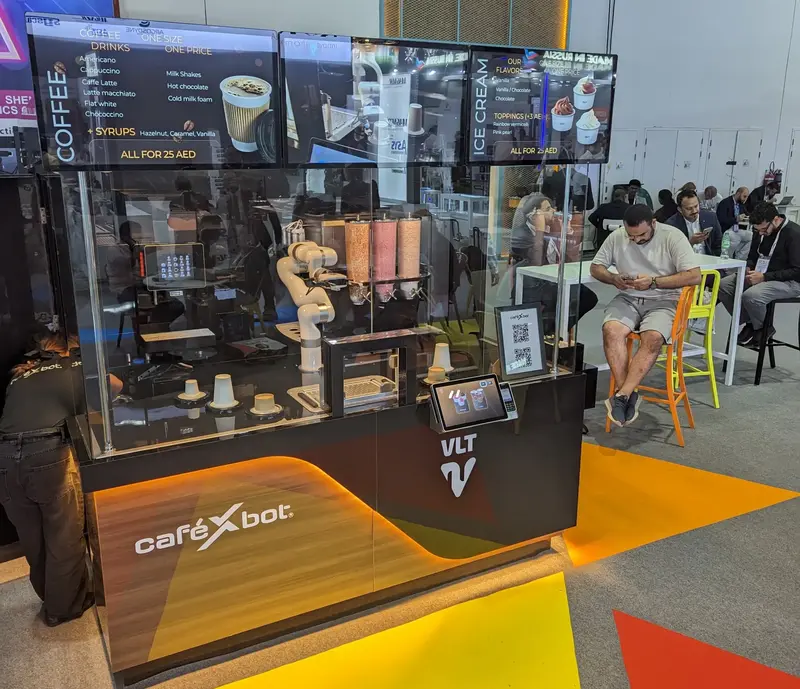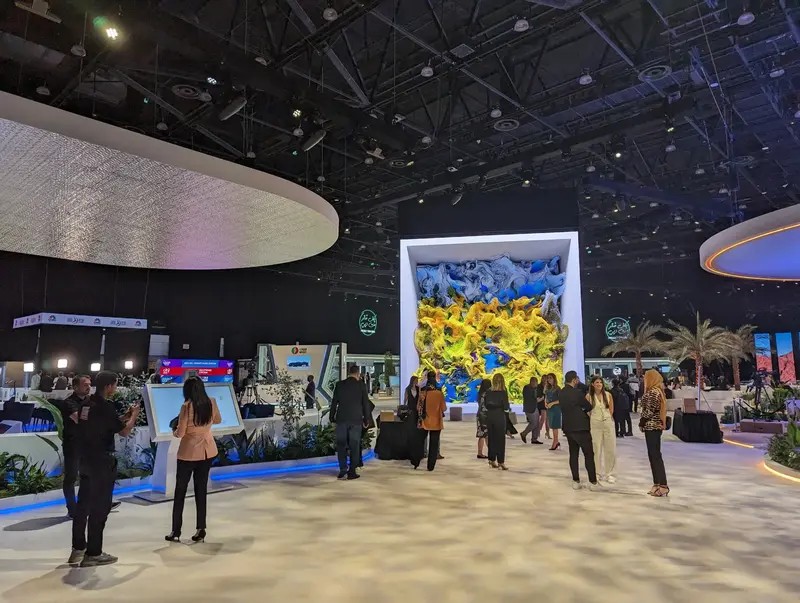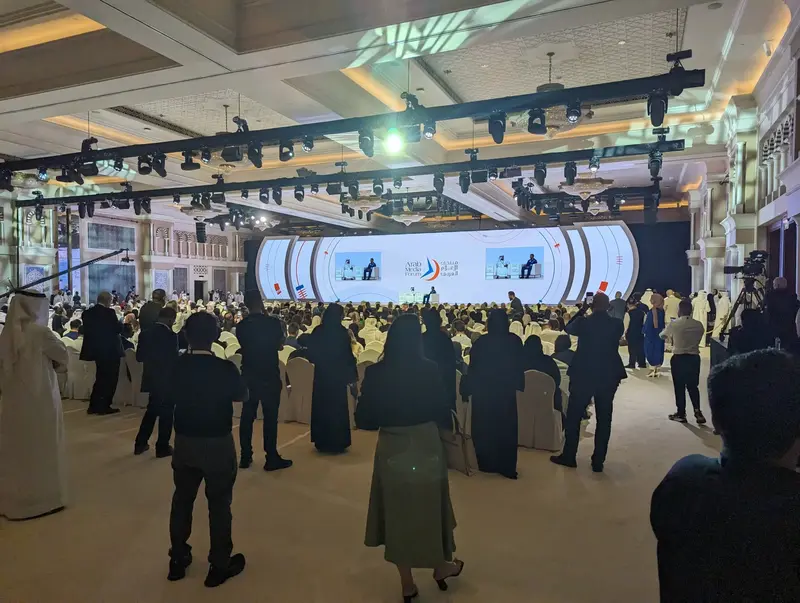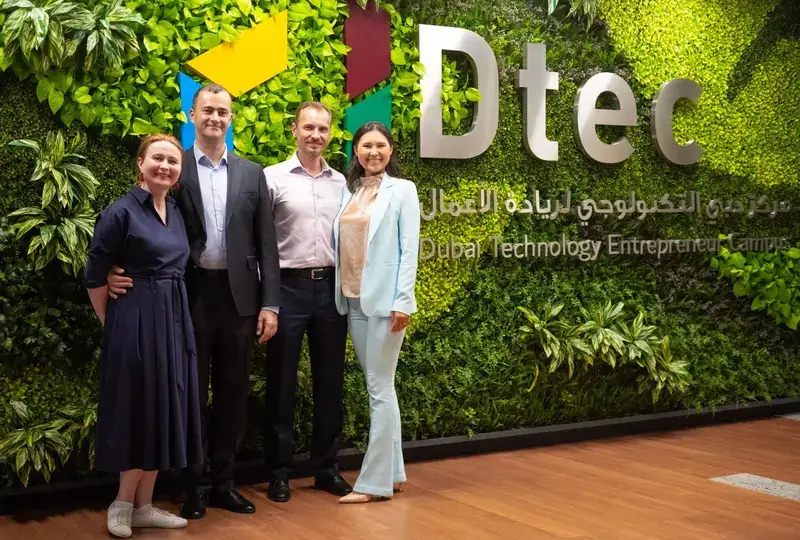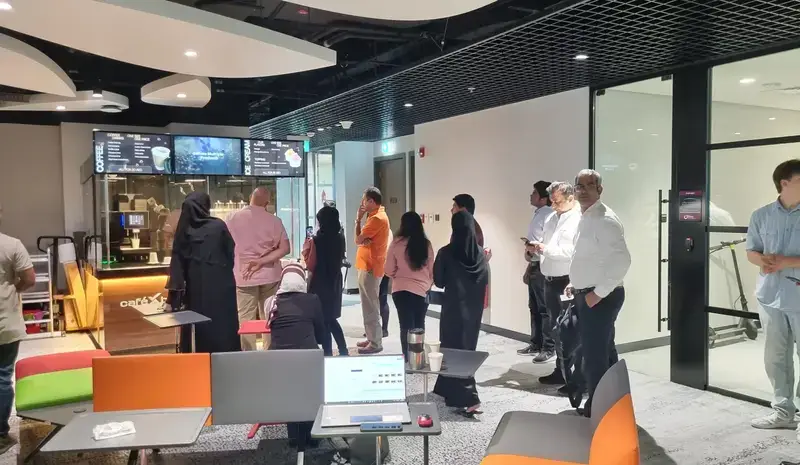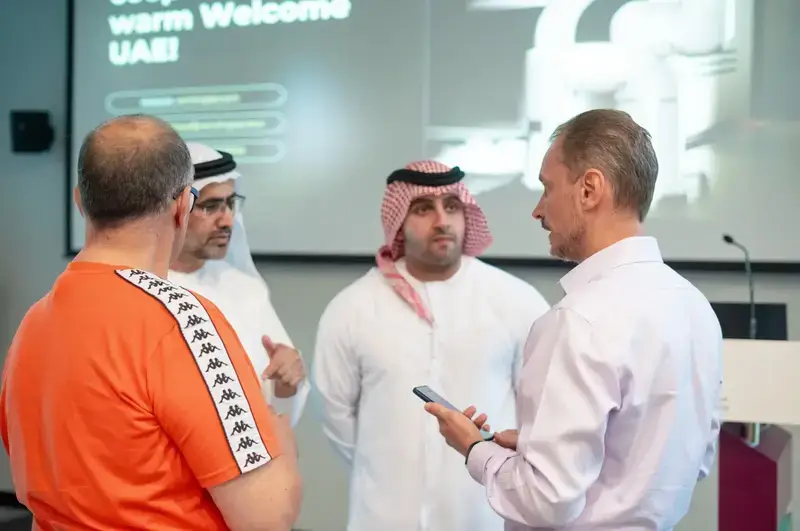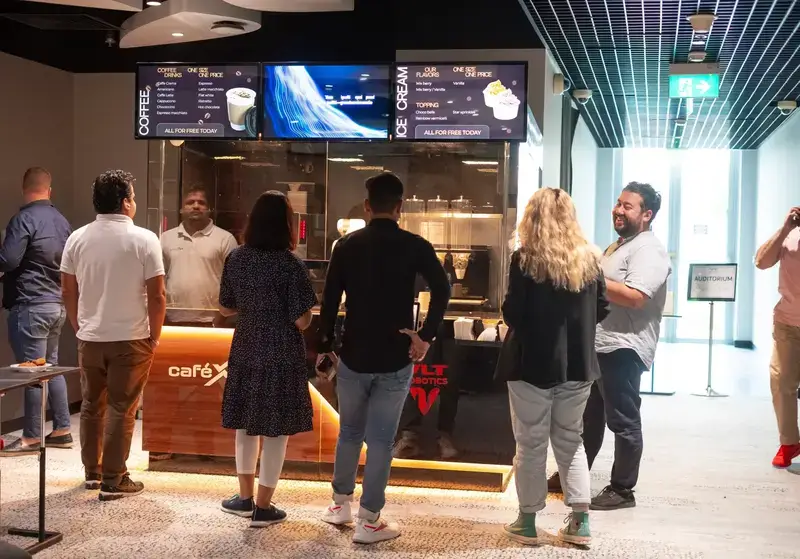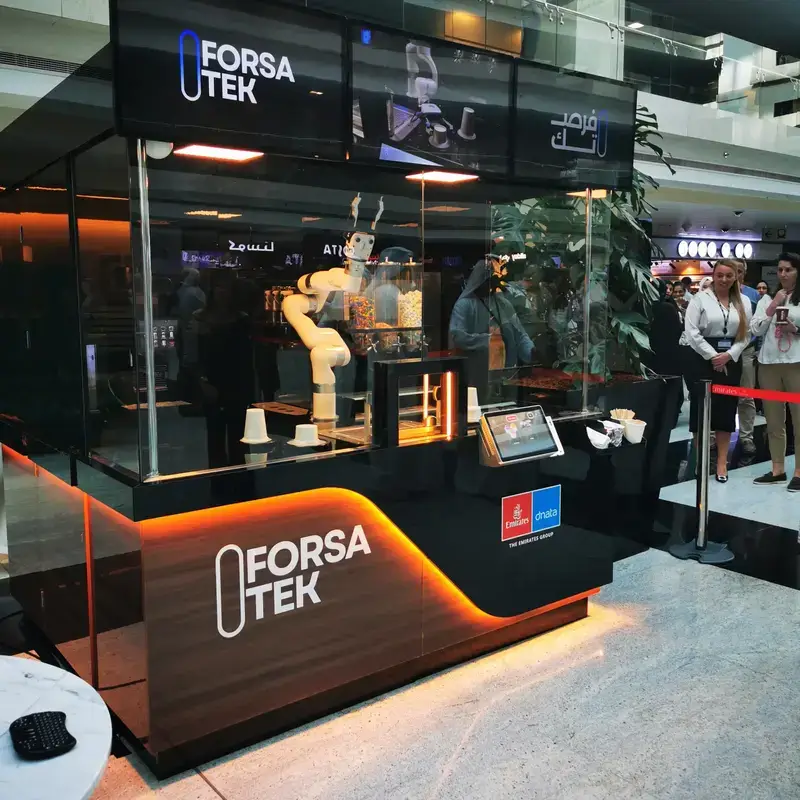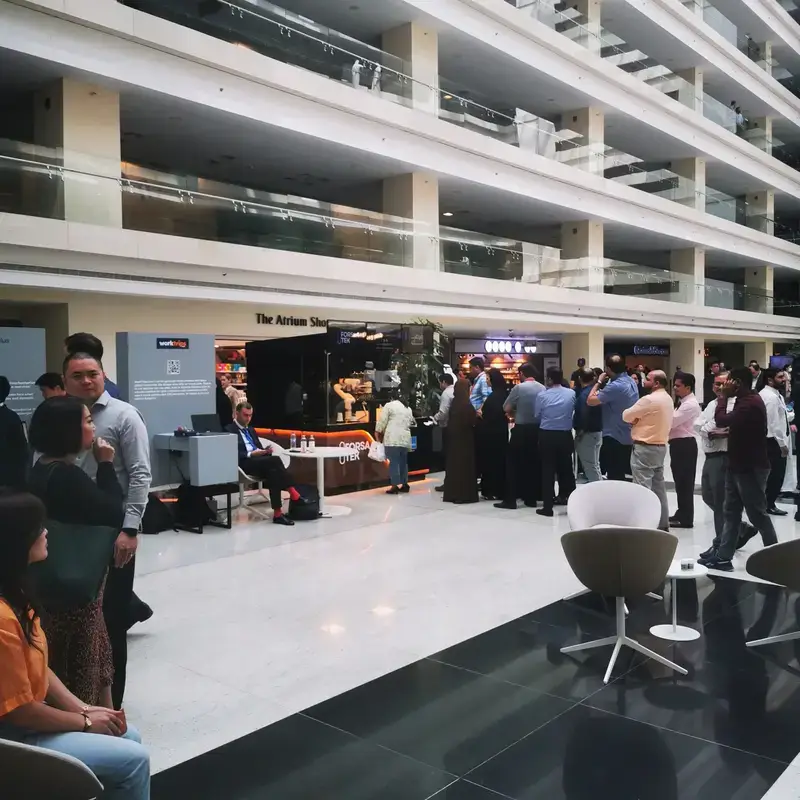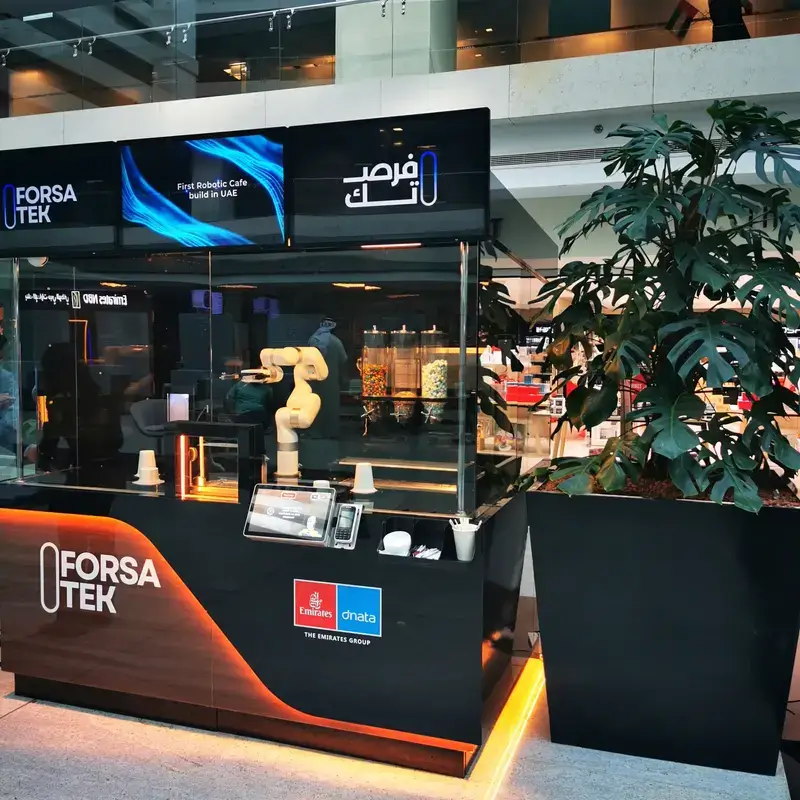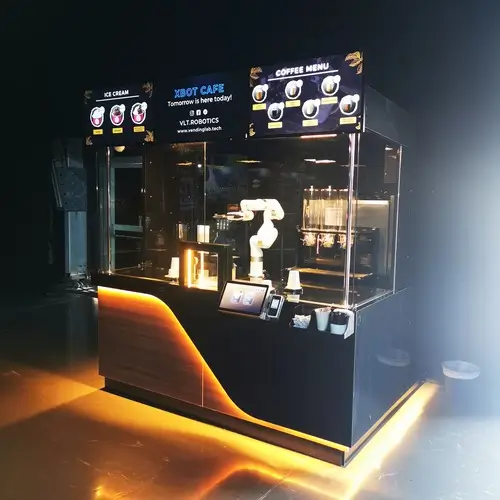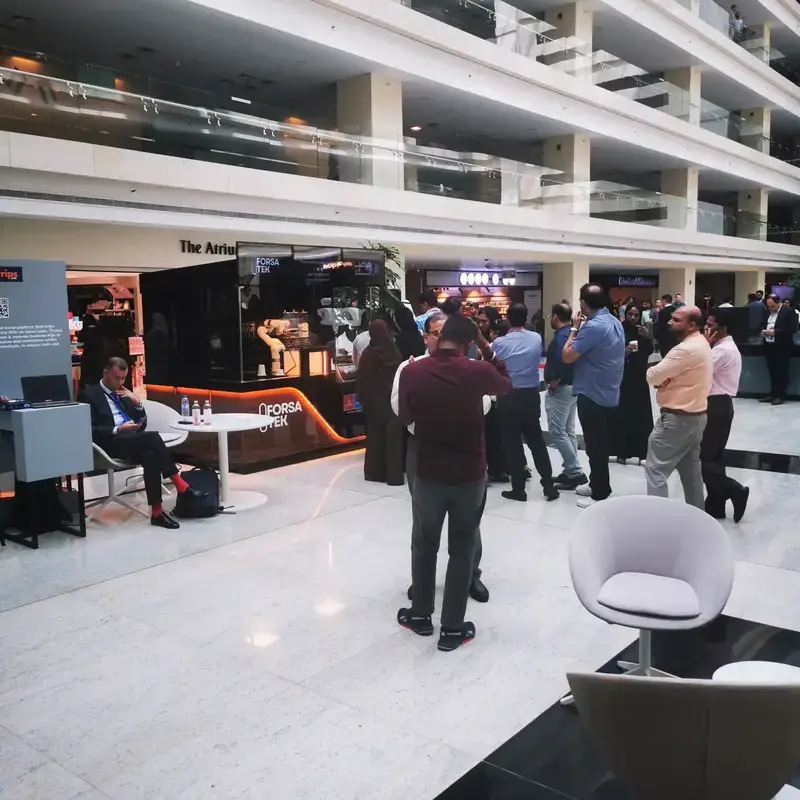
Understanding Global Import Export Standards for Robot Coffee Shop Solutions
As the world becomes increasingly connected through technology and commerce, the concept of a Robot Coffee Shop is emerging as a revolutionary trend in the food and beverage industry. These automated cafes not only enhance customer experience through efficiency and novelty but also pose unique challenges in terms of import and export standards. Understanding these global regulations is crucial for entrepreneurs looking to introduce Robot Coffee Shops in different markets, ensuring compliance while maximizing operational potential.
In this blog, we will delve into the complexities of import and export standards specifically related to Robot Coffee Shop solutions. From equipment specifications to safety regulations, it's essential for business owners to navigate these guidelines effectively. We will explore the various international standards that govern robotics in food service, helping you to identify key considerations for launching a successful Robot Coffee Shop in your region or abroad. Join us as we uncover the crucial aspects of global trade that can make or break your automated coffee venture.
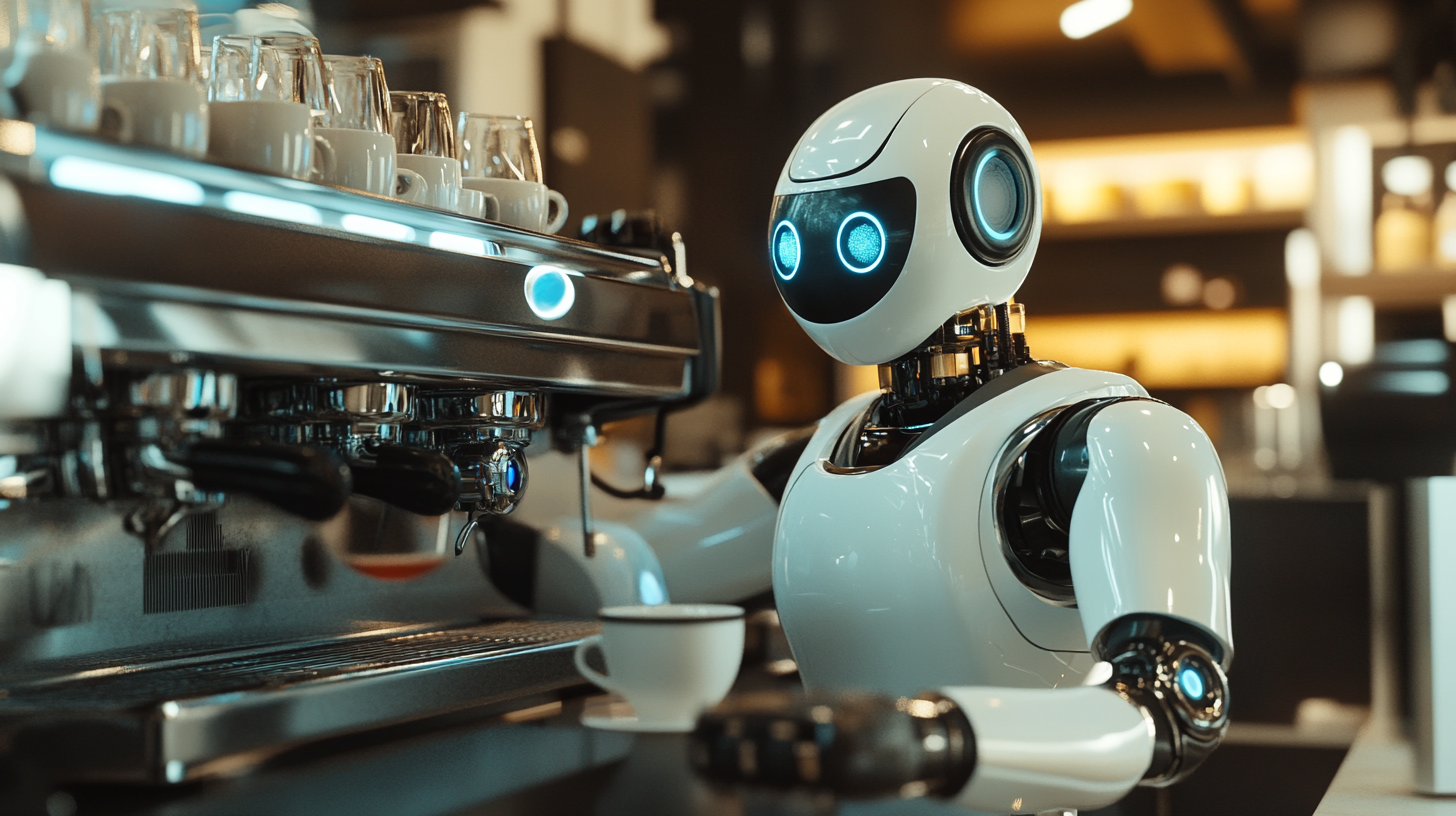
Global Trade Regulations Impacting Robot Coffee Shops
In recent years, the rise of robot coffee shop solutions has revolutionized the food and beverage industry, offering efficiency and innovation. However, as these businesses expand globally, they face a complex web of trade regulations that significantly impact their operations. According to the International Trade Administration, the global coffee market was valued at approximately $102.15 billion in 2020, with projections suggesting it could reach $155.64 billion by 2026. This rapid market growth necessitates a solid understanding of the myriad regulations governing international trade. One of the primary regulatory concerns for robot coffee shops involves compliance with safety and health standards. The Food Safety and Inspection Service (FSIS) provides rigorous guidelines that must be adhered to when importing equipment and supplies. Non-compliance can result in costly fines and disruptions to business operations. Additionally, the World Trade Organization (WTO) outlines various trade agreements that can influence tariffs and import duties on robotic technologies and coffee products. For instance, the Trade Facilitation Agreement aims to streamline border procedures, which can be beneficial for businesses looking to reduce costs and improve supply chain efficiency. Moreover, fluctuations in trade policies due to geopolitical changes can affect robot coffee shops' ability to source equipment and ingredients internationally. A recent report from the McKinsey Global Institute indicates that global supply chain disruptions can lead to increased operational costs by 30% for businesses that rely heavily on imports. Therefore, understanding these global trade regulations is crucial for the success and sustainability of robot coffee shops as they navigate the challenges of international markets.
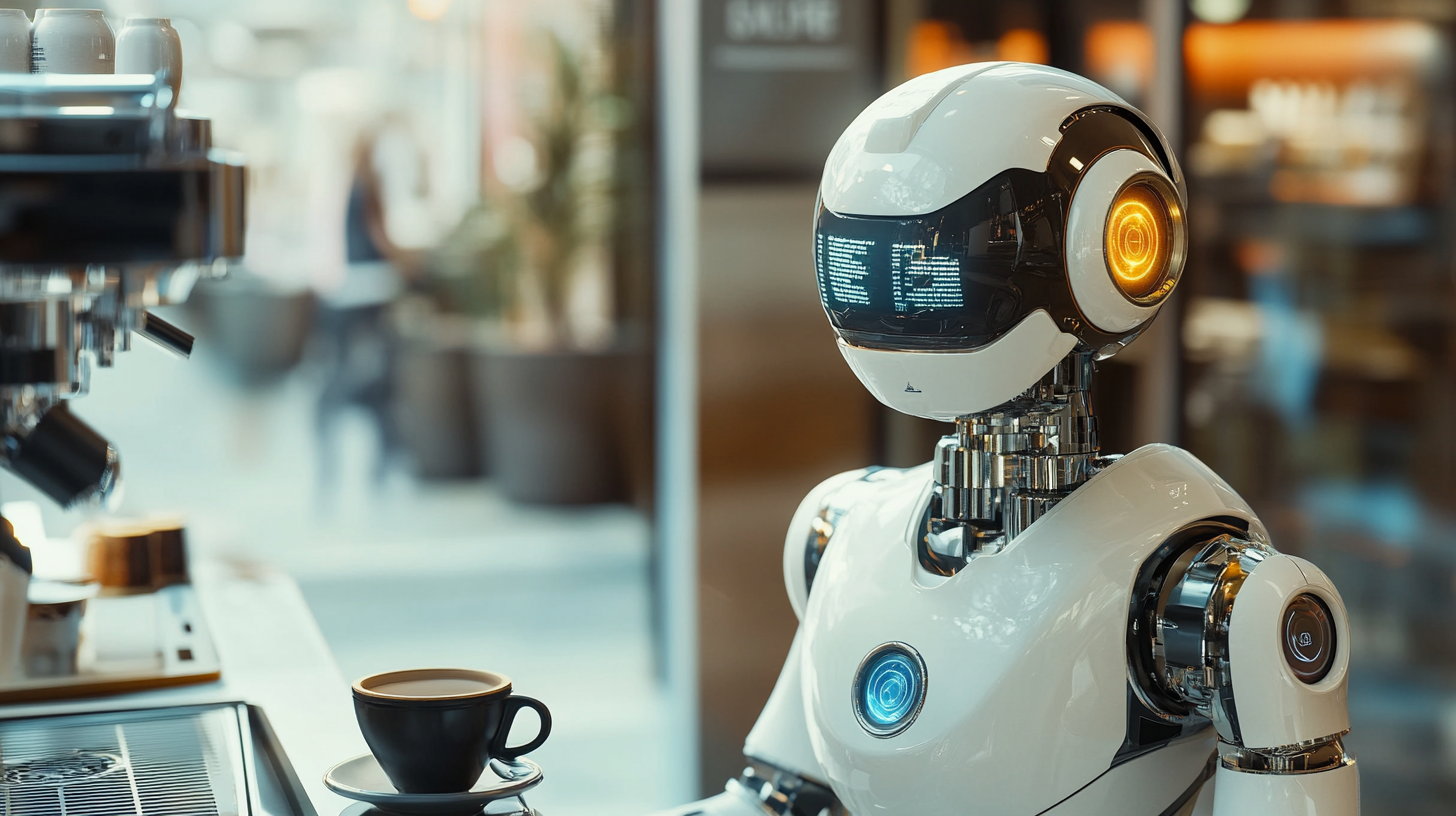
Essential Certifications for Importing Coffee Robots
In the current landscape of automation and artificial intelligence, the integration of robotic solutions in coffee shops has gained significant traction. However, to successfully import these coffee robots, understanding essential certifications is paramount. Reports from the International Federation of Robotics (IFR) indicate that the global market for service robots, including those for food service, is expected to reach $22 billion by 2025, underscoring the vital role these certifications play in facilitating international trade.
One of the primary certifications required for importing coffee robots is the CE marking, which ensures compliance with European Union safety, health, and environmental protection standards. According to a study published in the Journal of Robotics and Automation Research, adherence to CE certification not only enhances product credibility but also guarantees that these robots operate safely within European markets. Similarly, certifications like FCC (Federal Communications Commission) in the United States are crucial to ensure that the robot's electronic components do not interfere with other devices, emphasizing the importance of regulatory compliance in diverse markets.
Moreover, obtaining ISO certifications such as ISO 9001 for quality management systems can further bolster a coffee robot's market entry. A report from Market Research Future projects that companies with ISO certifications experience a 20% increase in operational efficiency, making it a worthwhile investment for manufacturers looking to expand globally. Understanding and acquiring the right certifications is thus essential for coffee shop operators interested in leveraging robotic technology, as it not only streamlines the import process but also assures customers of the quality and reliability of their services.
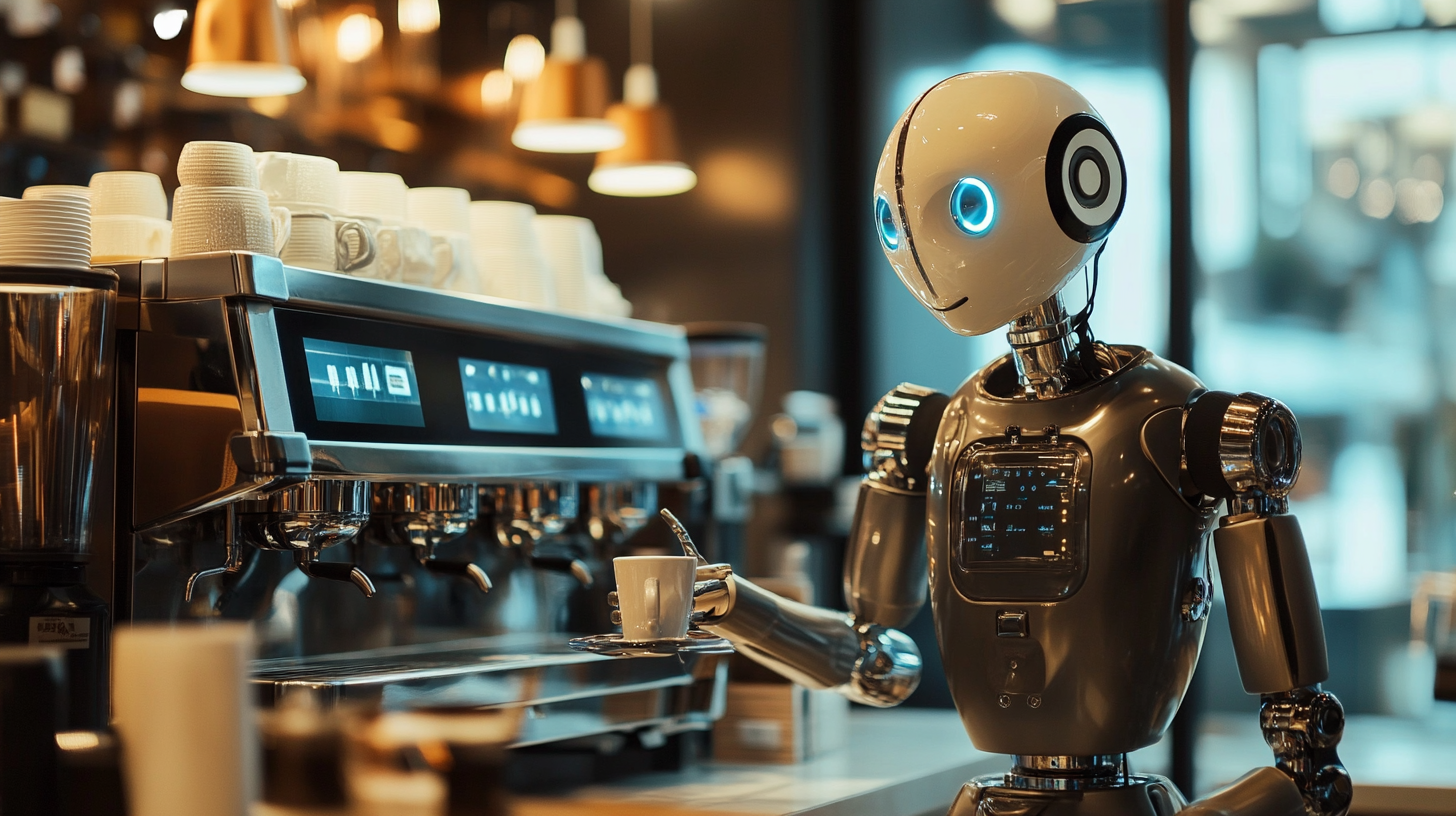
Navigating Tariffs and Taxes in International Trade
In today's globalized economy, navigating tariffs and taxes has become increasingly crucial for businesses looking to thrive in international markets, especially in innovative sectors like robot coffee shop solutions. According to a recent report by the World Trade Organization (WTO), global trade in services is projected to grow by 4% annually, highlighting the importance of understanding the implications of tariffs on equipment and technologies used in automated coffee shops. Specifically, robotic baristas and other automated systems may face varying tariff rates depending on their country of origin, which can significantly affect pricing strategies.
Moreover, different countries impose various taxes that impact the final cost of goods imported. For instance, the European Union's Common Customs Tariff outlines specific rates for machinery and robotics, often ranging from 0% to 14% depending on the classification. This inconsistency can complicate cost projections for businesses attempting to establish a foothold in markets like Germany or France, where sophisticated coffee shop solutions are in high demand. A comprehensive understanding of these tariffs and taxes not only aids in effective budgeting but also in competitive positioning against local businesses.
In addition to tariffs, compliance with local tax regulations is essential for entrepreneurs in this sector. A report by the International Trade Centre (ITC) emphasizes that understanding Value Added Tax (VAT) rates and import duties can help businesses mitigate unexpected expenses and optimize their supply chain strategies. By proactively researching and comprehending these factors, companies can establish a solid foundation for success in international markets, ensuring that their innovative coffee shop solutions reach consumers efficiently and economically.
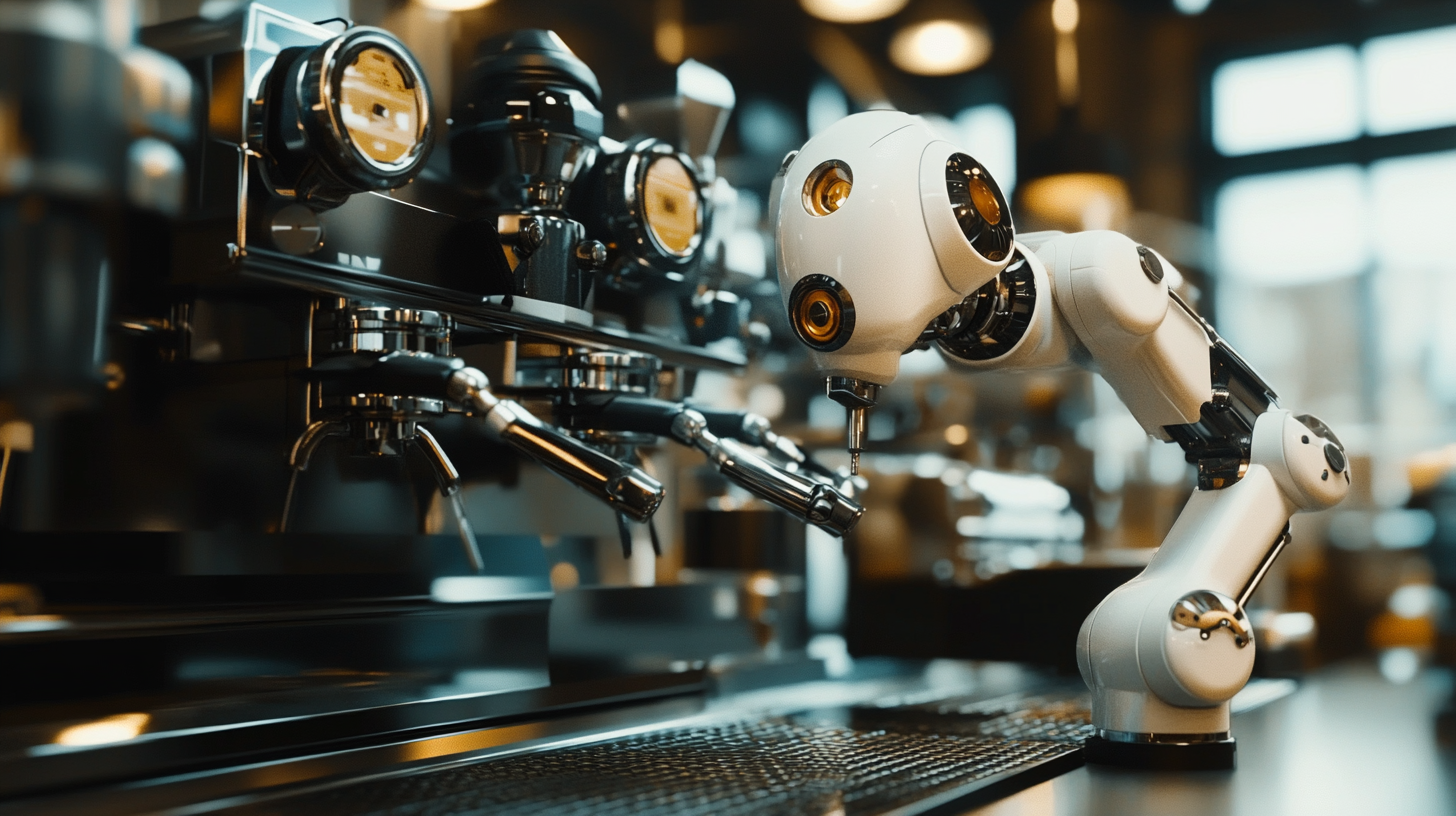
Quality Control Standards for Robotic Coffee Solutions
In the burgeoning industry of robotic coffee shops, quality control standards play a pivotal role in ensuring product consistency and safety. The implementation of rigorous quality control measures is essential for businesses aiming to deliver a premium coffee experience. These standards encompass various aspects, including the robotic brewing process, ingredient sourcing, and hygiene protocols. By meticulously monitoring each stage of production, companies can not only maintain high standards but also build trust with their customers.
Robotic systems, while efficient, must adhere to specific quality parameters to guarantee the flavor profile and overall quality of the coffee. Regular calibration of brewing machines, adherence to temperature and pressure guidelines, and consistent grinding techniques are fundamental to the quality control process. Moreover, ingredient quality cannot be compromised; sourcing beans from reputable suppliers and ensuring proper storage are critical steps in maintaining freshness and flavor integrity.
Additionally, hygiene requirements are particularly critical in the food and beverage industry. Robotic coffee solutions must integrate stringent cleanliness protocols to avoid cross-contamination and ensure that every cup delivered meets health standards. This includes automated cleaning cycles for machines, routine inspections, and proper training for staff overseeing the robotic systems. By prioritizing these quality control aspects, robotic coffee shops can elevate their service and customer satisfaction while navigating the complexities of global import-export standards.
Best Practices for Compliance with Export Regulations
The evolution of global trade standards in the context of advanced technologies, such as robot coffee shop solutions, has made adherence to export regulations more critical than ever. According to recent data from a leading industry report, approximately 60% of companies involved in technology exports face challenges with compliance, stemming from complex, multi-jurisdictional regulations. For instance, the U.S. and EU have implemented strict controls on dual-use items, which encompass technologies that can serve both civilian and military applications. Consequently, businesses must navigate these regulatory landscapes diligently to ensure alignment with both national and international standards.
Moreover, the new Cyber Resilience Act (CRA) established by the European Union reflects an increasing emphasis on cybersecurity measures that affect the export of consumer electronics, including automated solutions like robot baristas. Companies trading within this framework must adapt quickly to maintain compliance while avoiding penalties that could result from oversights or inadequate practices. Reports have noted that non-compliance can lead to fines up to 10% of global revenue, underscoring the importance of developing robust internal compliance programs.
To navigate these challenges effectively, businesses involved in the export of robot coffee shops should prioritize comprehensive training and awareness programs for employees. This includes understanding both the technical specifications and the legal implications of dual-use items and related technologies. Implementing best practices, such as conducting regular compliance audits and staying informed about legislative changes, will be crucial for companies aiming to thrive in the innovative, yet regulated, global marketplace.








